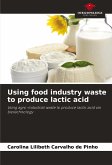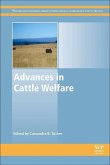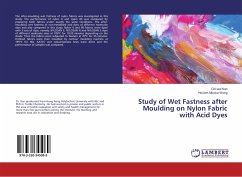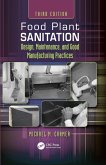The primary responsibility for the safety and quality of food lies with those who produce, process and market it. Various intervention strategies have been developed to reduce the level of microorganisms in beef, such as sanitization with acids and salts. The aim of this study was to evaluate the sanitizing action of peracetic acid on samples of beef duckling (Vastus lateralis). Peracetic acid is characterized by very rapid action and broad-spectrum antimicrobial activity, and its decomposition generates biodegradable and non-toxic by-products. The experiment was divided into two stages, the first of which was carried out in order to determine the effectiveness of peracetic acid concentrations on different micro-organisms involved in the meat production process. The second stage was the application of peracetic acid at the concentration determined to be effective for the experiment on parts from slaughterhouses with an inspection system (State and Federal), as well as on parts artificially contaminated by thermotolerant Coliforms.
Bitte wählen Sie Ihr Anliegen aus.
Rechnungen
Retourenschein anfordern
Bestellstatus
Storno








